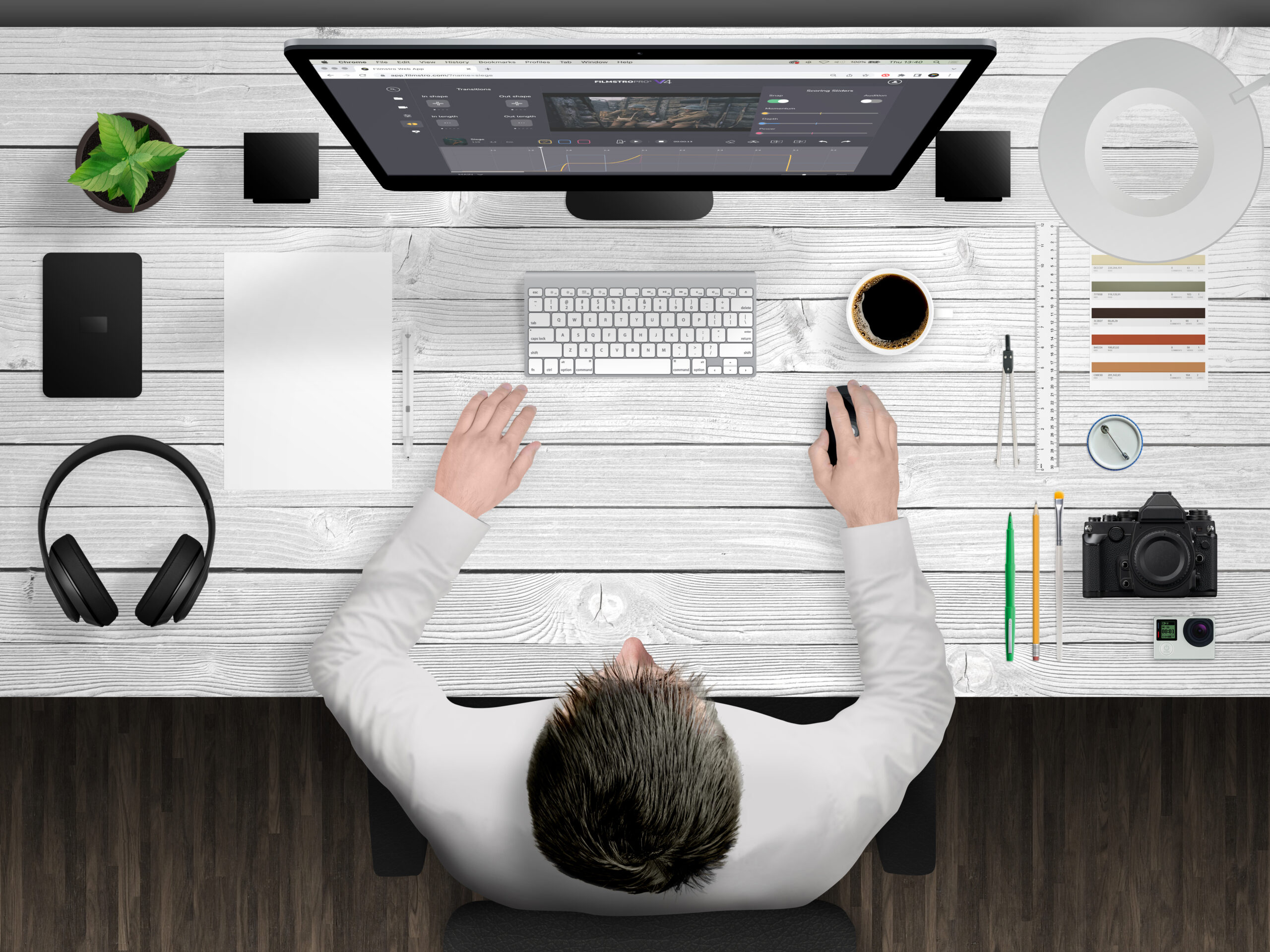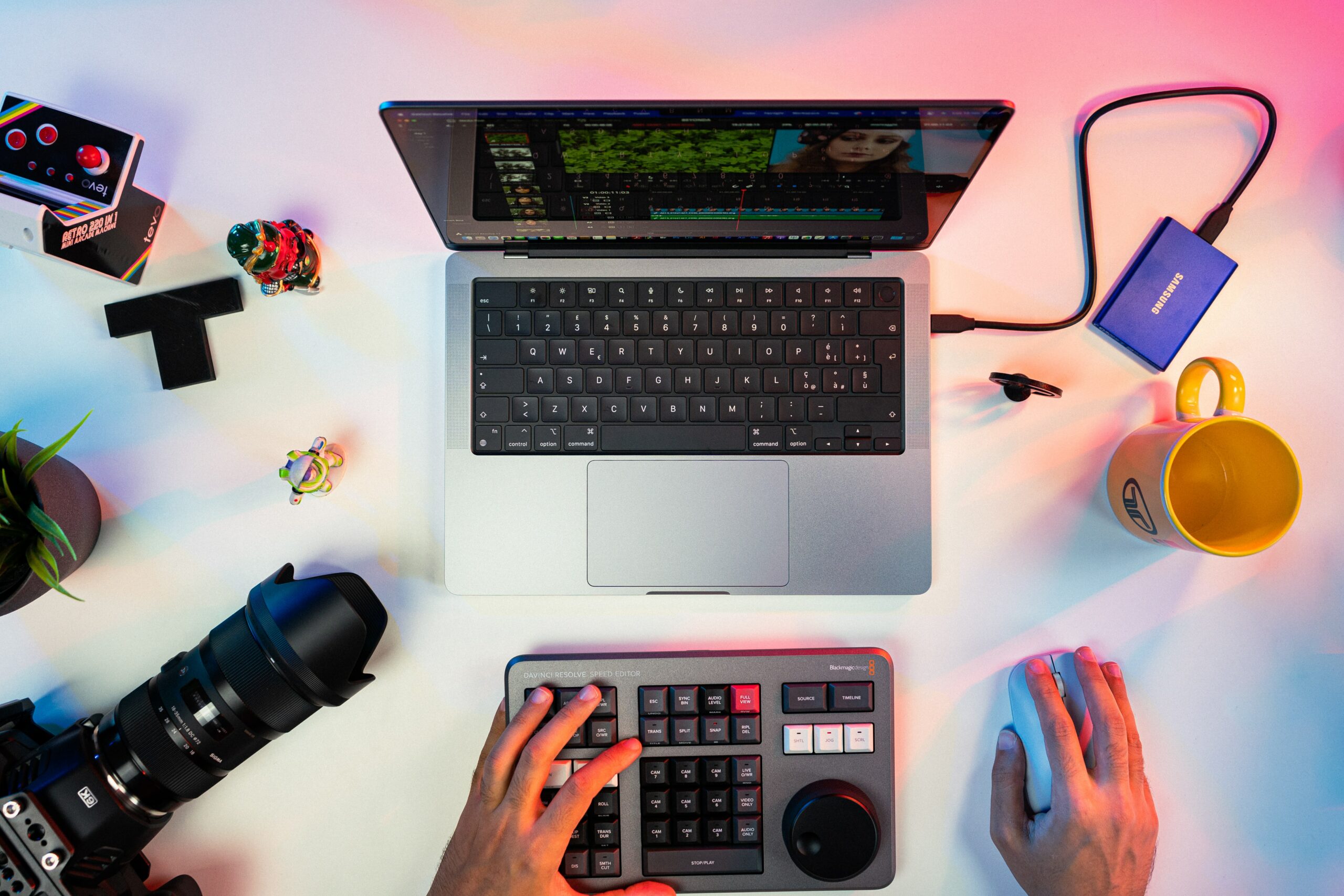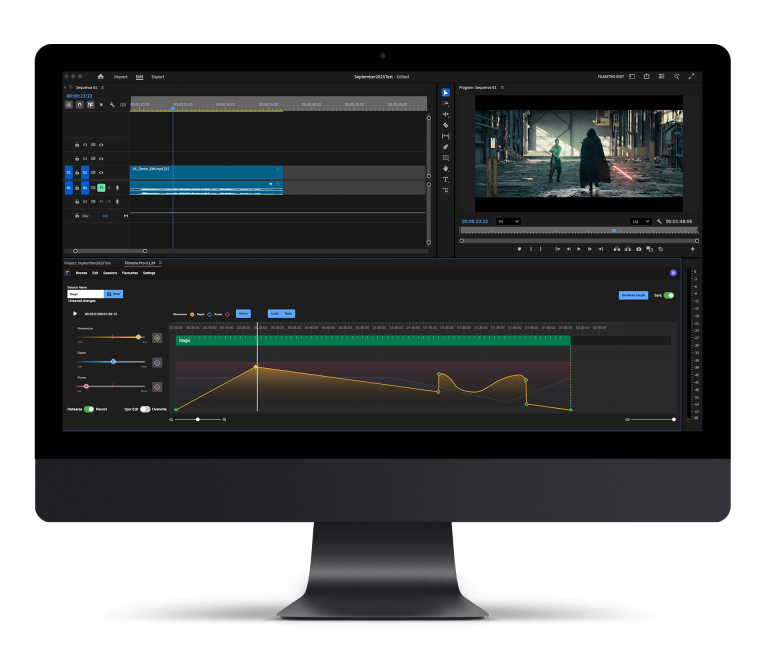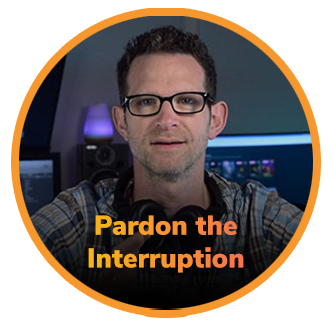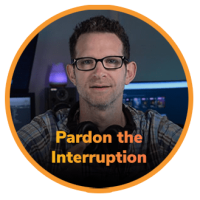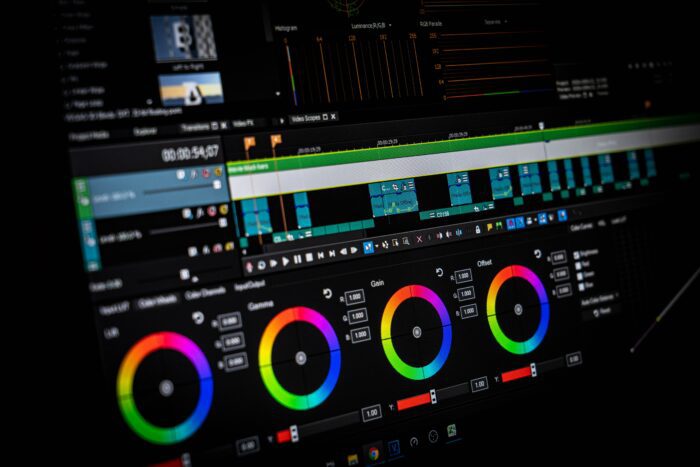
The final stretch of any video or film project can be an exhilarating, yet stressful time. As deadlines loom, footage piles up and expectations run high, the post-production stage brings long hours in the editing suite with little time for breaks. It’s easy for video editors and content creators to become overwhelmed, risking both their mental health and the quality of their productions. In this article we will provide you with 5 tips for managing mental health in post-production.
There are effective strategies we can implement to properly manage mental strain during this intense phase. Taking conscious steps to care for your emotional wellbeing will provide the clear headspace needed for creative clarity and technical precision when piecing together footage. Tactics that allow your mind to regularly recalibrate are invaluable as the finish line appears.
1. Set Reasonable Deadlines
Unrelenting deadlines are one of the top challenges for filmmakers, and a cause of stress during post-production. As you rush to perfect footage, audio, graphics and more within compressed turnarounds, mental exhaustion can sabotage your productivity.
To avoid burnout while editing, it’s essential you set practical timelines that account for your capacity, resources and any potential curveballs that might arise. Be honest with yourself and other members of the team about what you can genuinely commit to, without compromising quality or sane work hours.
Build breathing room into the schedule where possible. Having generous padding means you won’t end up frantically cutting corners or working unreasonable overnight stints just to meet a deadline. If you have a complex editing job, allow several days purely for finessing fades, colour correction and final exports after piecing together a timeline.
2. Stay on Top of Obsessive Habits
When striving for flawless footage in post-production, obsessive tendencies can emerge. You may fixate on repetitive actions like endlessly adjusting audio levels, colour hues or repeatedly watching the same clip to ensure absolute perfection. Though it stems from a desire for precision, obsessive over-editing can hamper creativity and productivity. If OCD behaviours spiral, it can be beneficial to lean on cognitive behavioural techniques (CBT), to ease related anxiety.
CBT examines thought patterns behind compulsive actions, then gives you coping skills to short-circuit the urge. For video editors, CBT may involve identifying and challenging thoughts that trigger nit-picky editing habits, like “if I don’t fix this one glitch, the whole video will be a mess.”
Develop strategies to tolerate slight imperfections that won’t truly diminish the final cut. For example, this could mean setting a strict timer when fine-tuning transitions or audio, so you don’t endlessly tinker, or taking short deliberate breaks when the fixation arises rather than getting sucked back into the footage.
3. Find Your Voice Amid Overwork
When unreasonable work hours or constant deadline changes threaten both output quality and personal wellbeing, it’s time to speak up. Voicing concerns risks facing blowback or even jeopardising job security, but neglecting self-advocacy perpetuates an unhealthy status quo.
If you consistently log 12+ hour shifts with no overtime pay, get pressured to work weekends, or face vague, ever-shifting deadlines, constructive confrontation is key. Approach managers about formally tracking and limiting work hours going forward, even if it means extending production timelines. Outline exactly where delays happened and how to improve planning.
If you’re met with resistance, relay how quality, creativity and even basic tasks suffer when teams are overburdened, fatigued and morale is low. Speaking openly about mental health is challenging but sparks vital dialogue prompting positive changes. There are discreet alternatives, if going directly to supervisors feels daunting, like anonymously surveying colleagues on the team workload or stress levels.
The post-production environment won’t shift overnight, but progress starts with individuals respectfully questioning the ingrained notion that excessive labour for art’s sake is inevitable, rather than a systemic issue to address collectively.
4. Recharge Outdoors
When working long editing sessions indoors, it’s easy to become detached from nature’s restorative powers. Yet exposing your body and mind to fresh outdoor air, sunlight and movement provides profound mood-lifting benefits. Whether you’re on location or not, try to spend 10-15 minutes outdoors on editing breaks rather than just staring at another screen.
Simple activities like walking meeting calls, eating lunch alfresco or doing yoga in a nearby park reconnect you to soothing environs that inspire creativity. If possible, move your full editing set-up outside to envelop yourself in calming natural surroundings while working. Botanical gardens, park benches, patio cafés or just your garden offer alternate scenic workspaces when you need an atmospheric shift.
5. Evolve Workflows by Debriefing
In the rush to meet deadlines, there’s often no time for reflection once the footage is finally exported. But taking stock of what worked and what didn’t after each project completion is key to evolving sustainable workflows. Schedule debrief sessions, even informally over coffee, to get constructive feedback from the entire team. Discuss pain points candidly like unrealistic schedules, lack of communication or technical frustrations, and remember to also highlight successes to repeat, like effective collaboration tools or delegating duties based on individual strengths.
Compile any insights into an evolving production guidebook detailing ideal timeframes for tasks, preferred software or hardware and clarified roles. This should then be revisited frequently when planning subsequent projects, so the same mistakes aren’t endlessly repeated. Continuously improving processes around mental health considerations leads to more inspired, error-free output.
Evaluate your personal approach too. Make notes on personal tendencies like taking on too many tasks or over-perfecting details. You can then implement better boundaries and editing habits that stave off burnout, since everyone’s limits are different. Regularly airing out the post-production process quietly transforms once-toxic norms into creative ones where you and your team can thrive.
The post-production rush leaves little room for anything but assembling footage, editing scenes, and meeting pressing deadlines. Yet amid the flurry, nurturing your mental health ensures you bring skill, artistry and resilience to the important task at hand. By deliberately integrating self-care into workflows, creatives can sustain passion for their craft alongside productivity. Whether it’s taking regular screen breaks, being assertive about sensible delivery timelines or leaning on community, small habits buffer the high stress.
Thank you for reading!
We hope you enjoyed this article and don’t miss out on any of our other blogs!
Sign up to Filmstro and follow us on Twitter, Facebook and subscribe to our Youtube channel. You can also check out some of our amazing royalty-free music today by clicking here.


